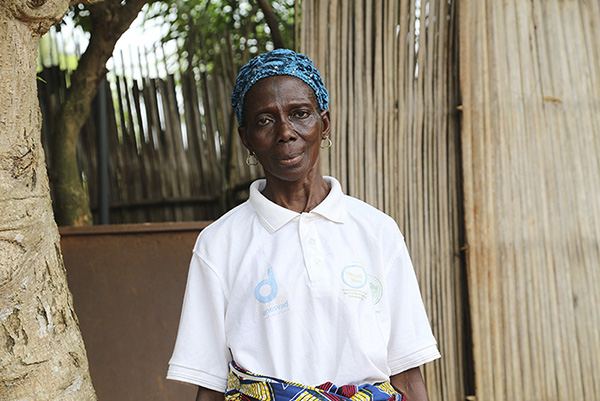
Christine Aledohan, Zé commun, Benín
Three years ago Christine Aledohan built a latrine that not only improved her life, but also that of her community.

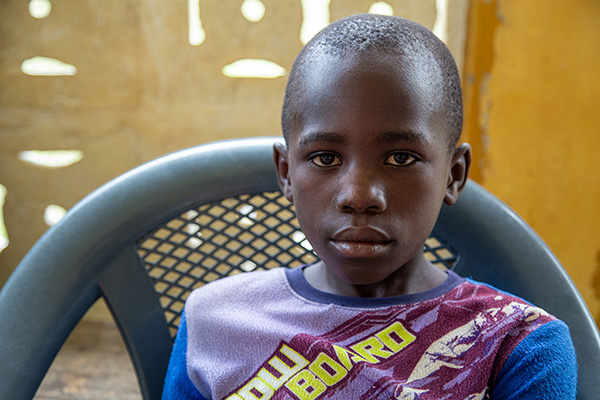
Innocent and Samuel. Detected thanks to training
A 10-year-old boy who, thanks to an awareness talk, was diagnosed with yaws in time.

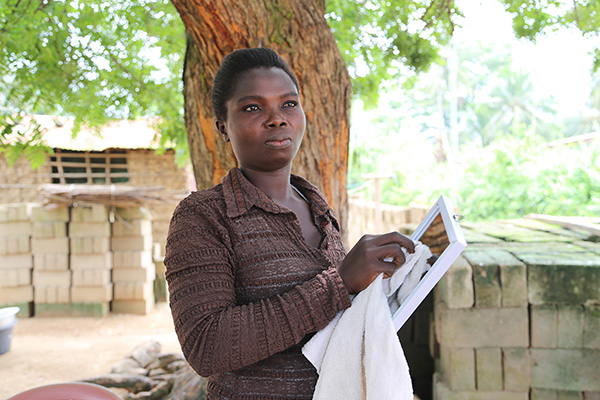
Mabel Tawiah. A former Buruli ulcer patient
At the age of 18, he discovered a strange nodule in his right leg, but they did not act in time.

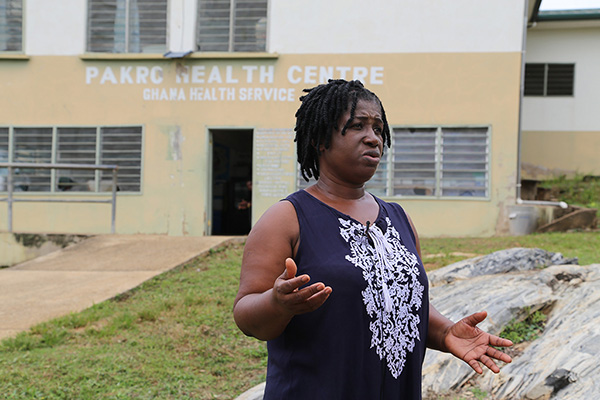
Nana Konama. Deputy Director of the National Programme against Buruli Ulcer in Ghana
“If we had the resources, I would like to invest them in training healthcare and community staff”

Find your story
- Todas
- Socio-economic wellbeing
- Detection and treatment
- Medicines and research
- Working with governments
- Benin
- Ghana
- Liberia
- Côte d'Ivoire

Christine Aledohan, Zé commun, Benín
Three years ago Christine Aledohan built a latrine that not only improved her life, but also that of her community.

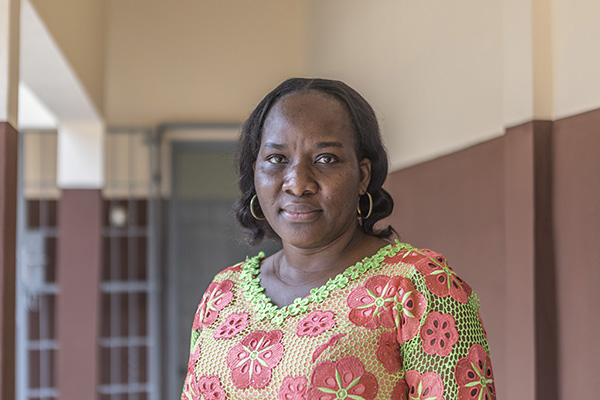
Doctor Josiane Aze, Chief Physician at the Zè commune, Benin
“Training women is essential for reducing poverty and, therefore, the debilitating diseases transmitted in this environment”


Innocent and Samuel. Detected thanks to training
A 10-year-old boy who, thanks to an awareness talk, was diagnosed with yaws in time.


Mabel Tawiah. A former Buruli ulcer patient
At the age of 18, he discovered a strange nodule in his right leg, but they did not act in time.


Nana Konama. Deputy Director of the National Programme against Buruli Ulcer in Ghana
“If we had the resources, I would like to invest them in training healthcare and community staff”

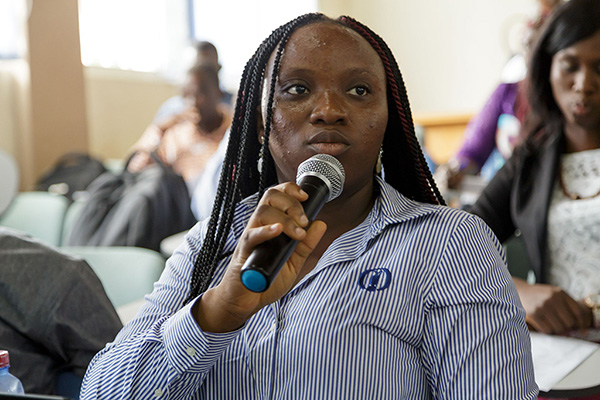
Shirley Victoria Simpson. Researcher in the bacteriology department of the Noguchi laboratories in Ghana
“Early detection is key”

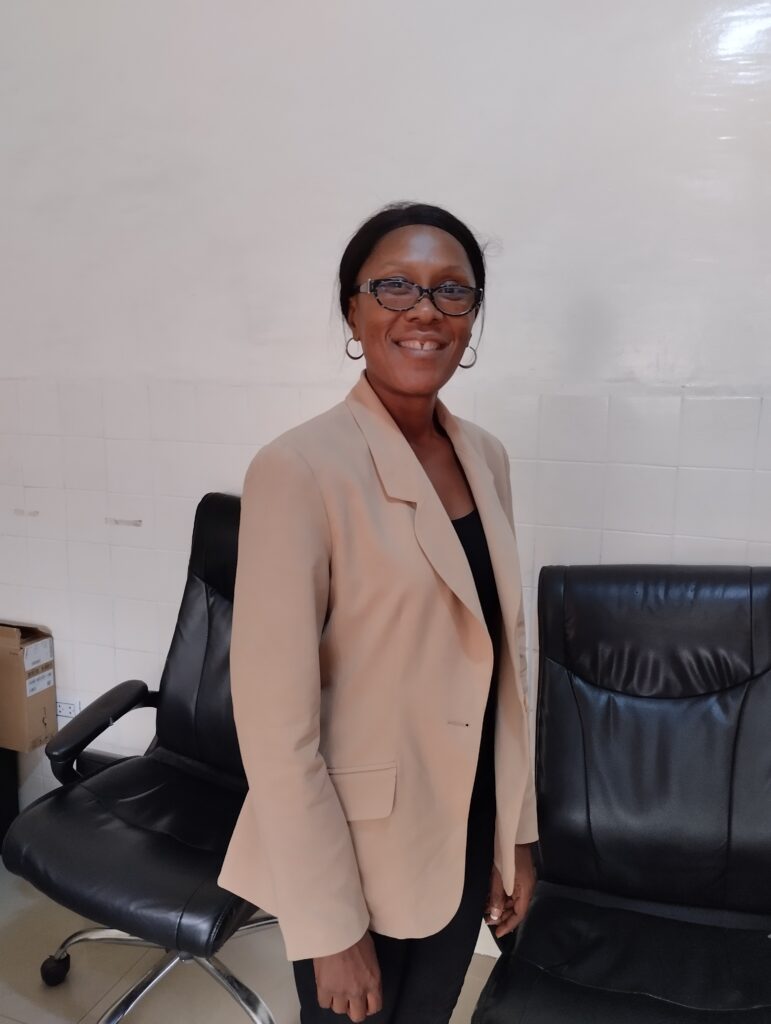
Vera Yata Walker: researcher and head of the team of assistants at the National Public Health Institute of Liberia
“I’m always available, always trying to improve, always following up with my patients…, even when I’m exhausted. I’m passionate about what I do.”

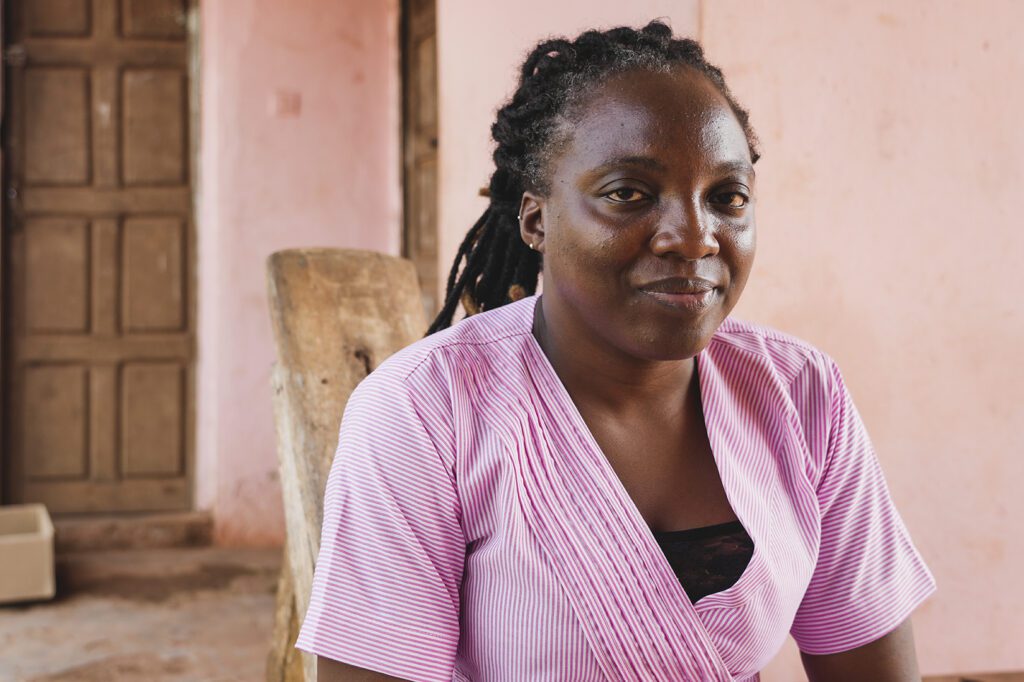
Aminata Bamba: midwife at the Chièpo health centre, Côte d’Ivoire
“Women come here to give birth now because it gives them a sense of security. It’s a relief for everyone”

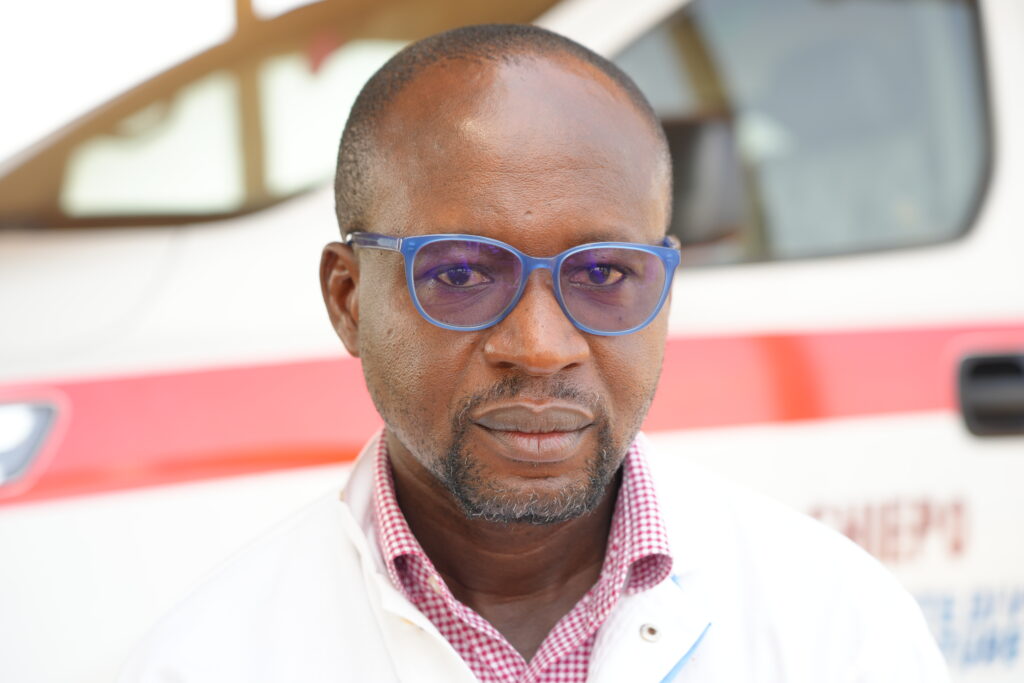
Arsènne: head nurse at the Chièpo health centre, Côte d’Ivoire
“When health workers remain in a particular place for a long time, they get to know the community they are serving and a climate of trust is created between the two parties, which helps a lot when it comes to taking care of the sick”

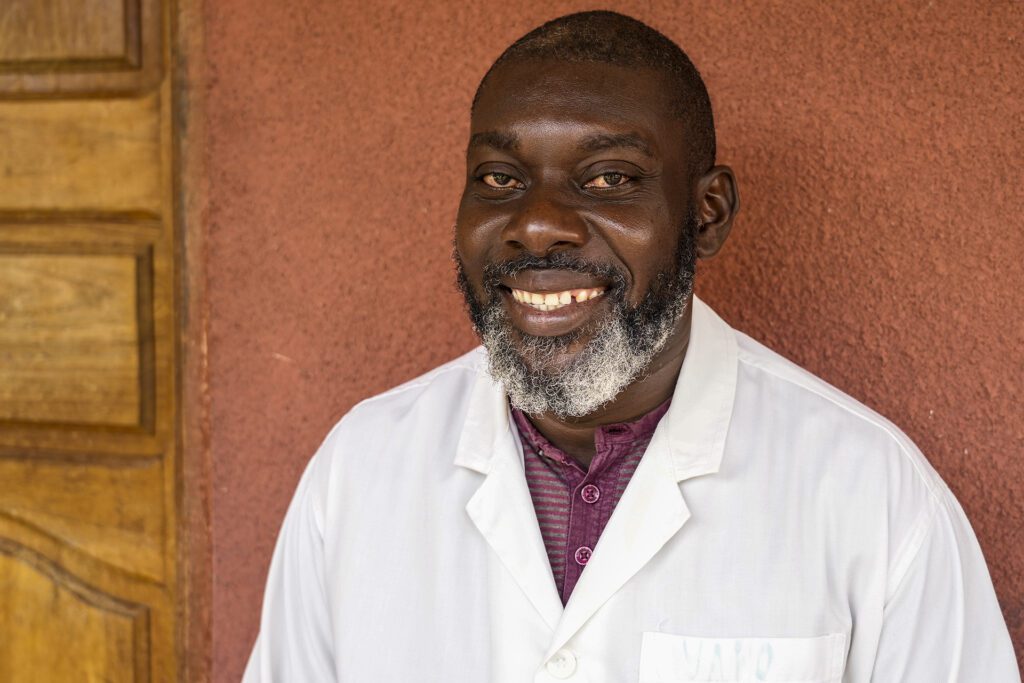
Arsène Yapo: nurse at the Zoukougbeu health centre, Côte d’Ivoire
“Our patients spend a lot of time here and, as you can understand, we end up becoming like a family to them. Some of them find it hard to leave because of the bonds that are created, which is essential for them to be able to cope with the disease”

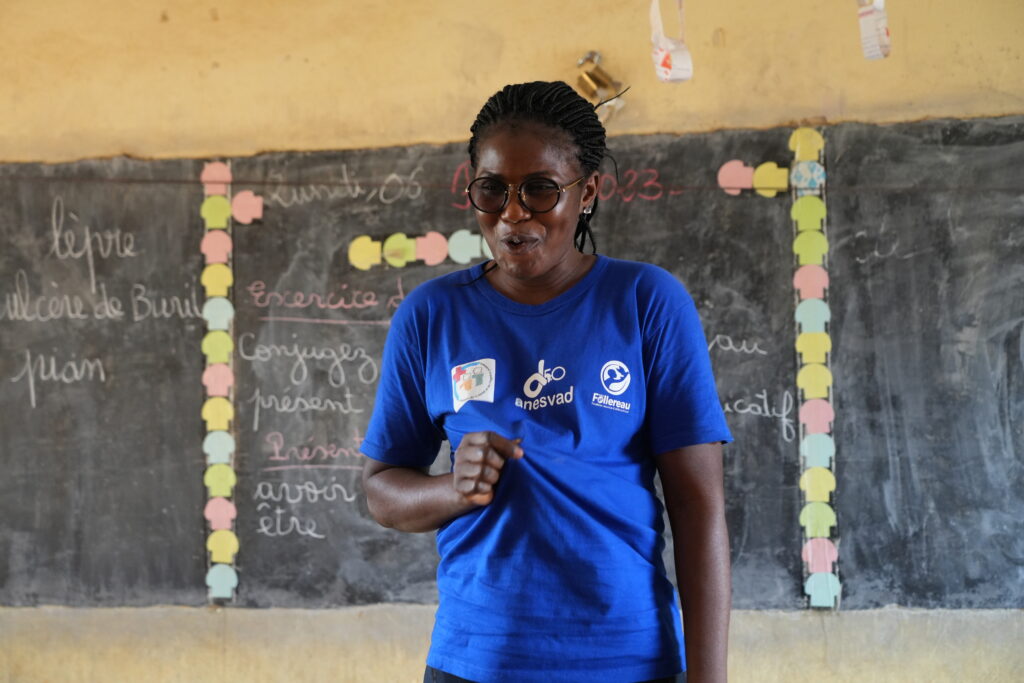
Sadikou Fatim Christianne: community health worker and cultural leader in Chiépo, Côte d’Ivoire.
“The training we’ve delivered has been challenging, but after two years, there have been good results. I’m very happy because it has helped to make them more independent and now they’re doing a lot more things for themselves”

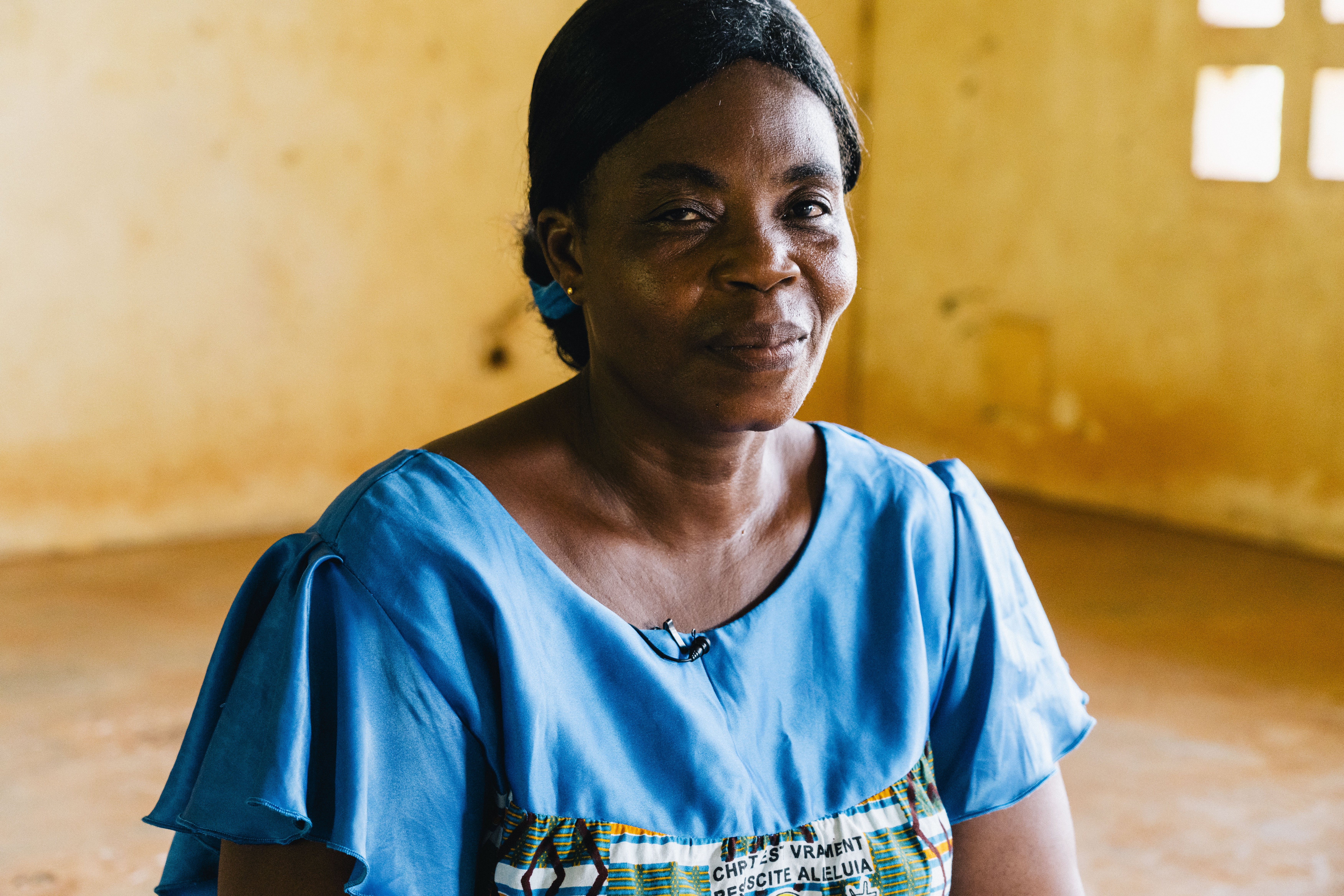
Telehit Maria Chantale: secretary of the Ayanou association in Chiépo, Côte d’Ivoire.
“Now all the women are educated and work from a feminine and holistic perspective. By doing everything together, we support each other and ensure that us women can become more independent”

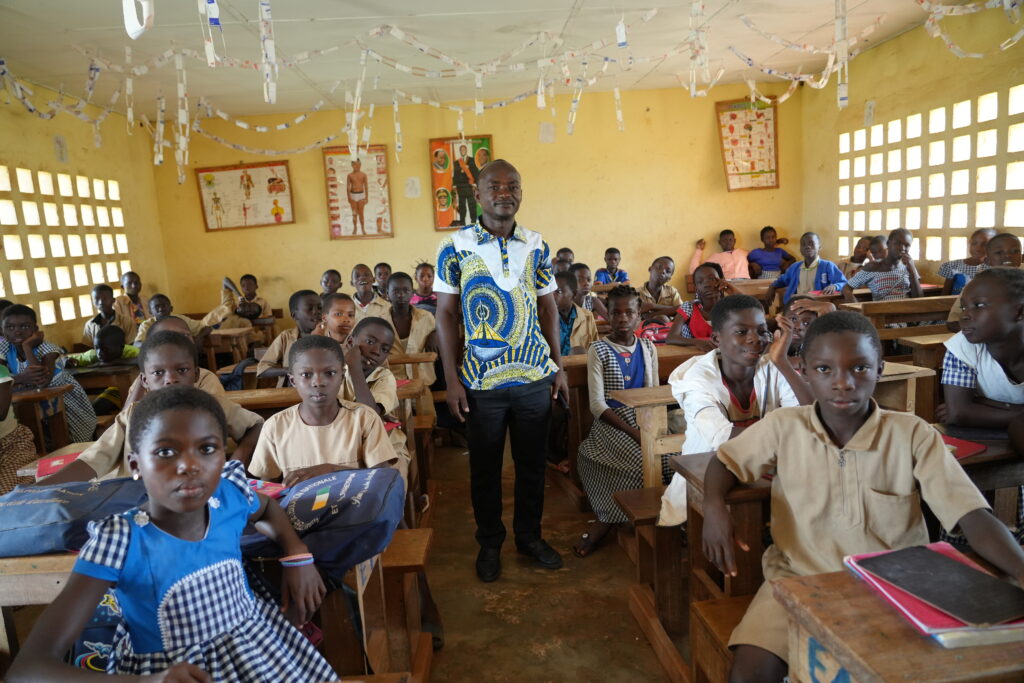
Kone Drissa, Chiépo’s school headmaster
“We’ve even told the children to tell us if they feel unwell, so that we can take them to the hospital, which is very close by.”

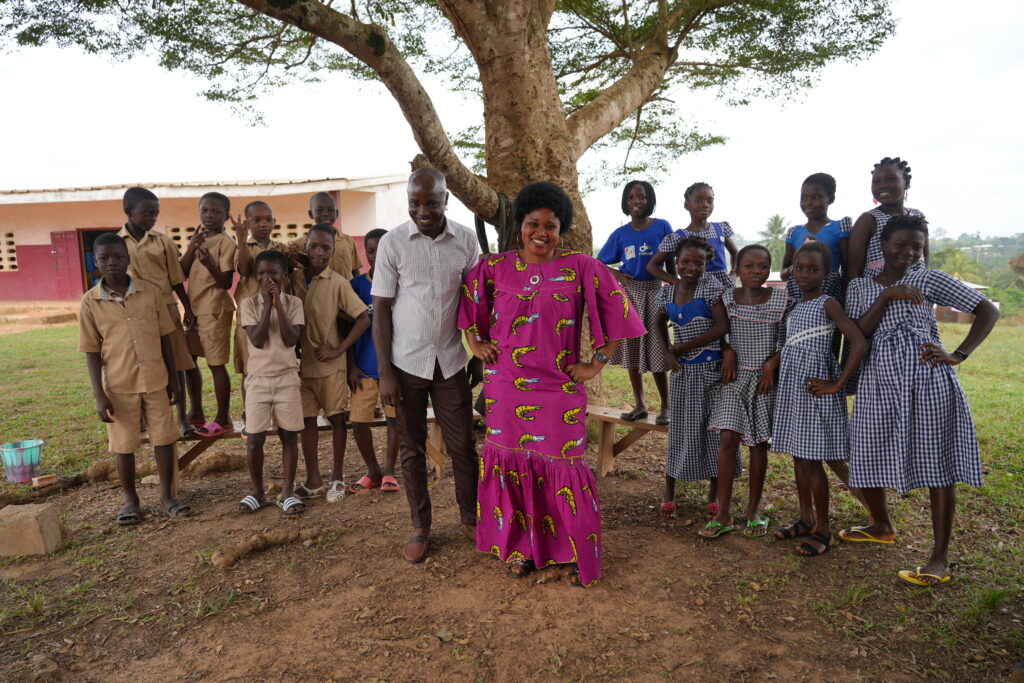
Bamba Manyan, Teacher and Chair of the school health club in Chièpo, Côte d’Ivoire
“They are like the school’s health delegates, or something like that. They are the students who take the most responsibility when it comes to matters of health”

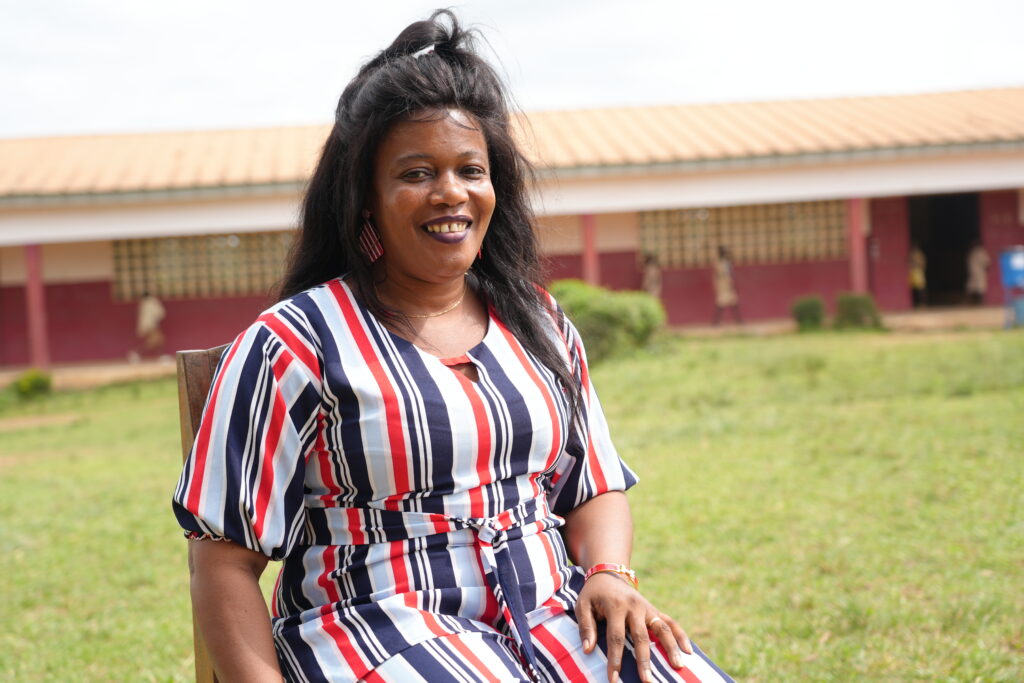
Bodie Solange, headmistress of Chiépo college
“We used to have a lot of diseases, but with the construction of latrines and the water advice given to the children, the health of the whole population has improved.”

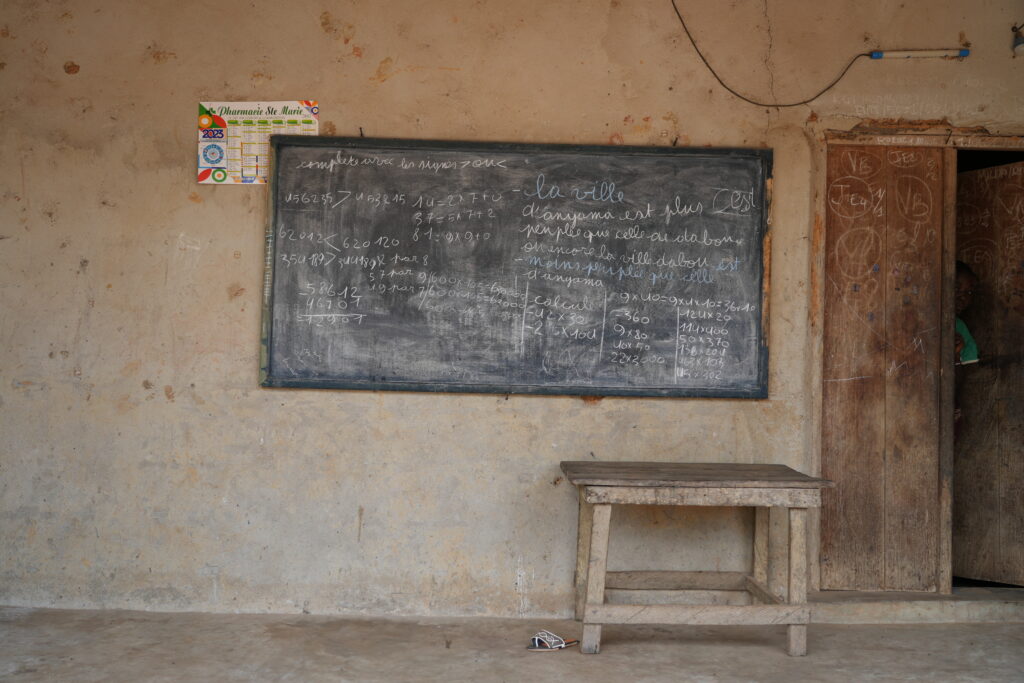
Dakouri Alfonsse and Yao Kouamé Kevin: two stories in a thousand
Despite being many years apart and having different lives, Alfonsse’s and Kevin’s stories with their ETDs have something that sounds similar: the importance of access to diagnosis, medical treatment and medication.

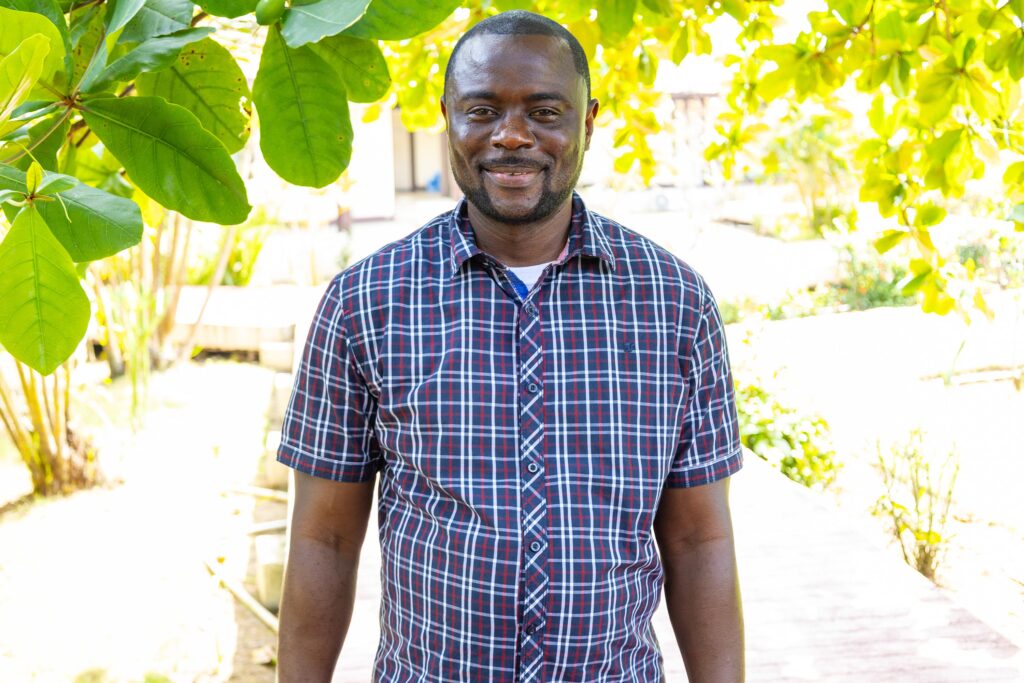
Emerson Rogers: Case Management Coordinator of Liberia’s Ministry of Health National Program on NTDs
“I’m very confident that thanks to this support we’re going to have a very positive impact on our population, because in my case, everything I do is for my people. I’m passionate about serving my country.”

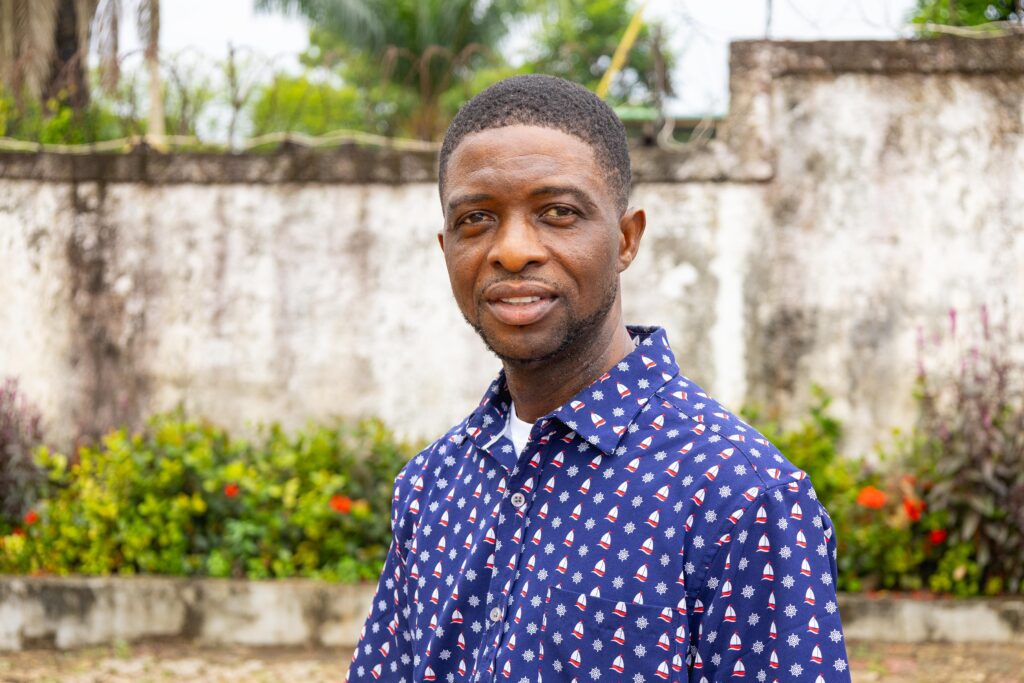
Karsor K. Kollie: Managing Director of Liberia’s Ministry of Health National Programme on NTDs
“Mostly, when we’ve developed NTD master plans in the past, they just ended up sitting in a filing cabinet. This is the first time we’ve launched a plan together with a project that can support it.”

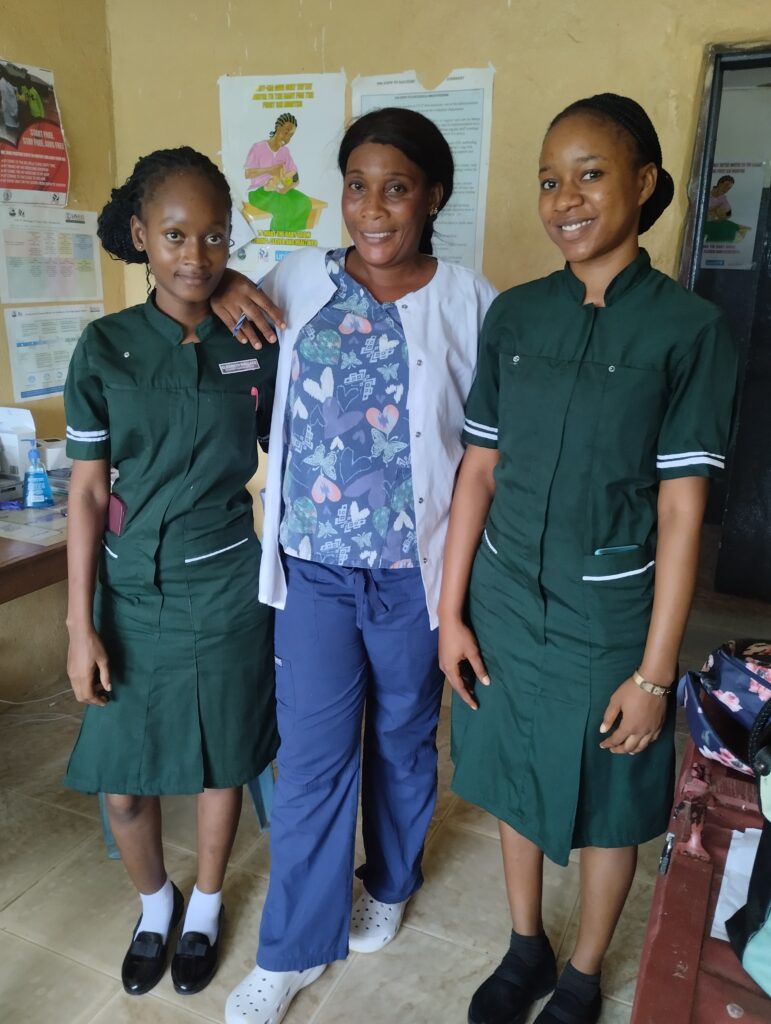
Angeline and Augustine reinforce the importance of mental health training and engagement
“Whatever case comes to the clinic, I’m the person who deals with it first because I’ve trained in this and I get the treatment started.” Angeline Ki Lobbo

No results found for the selected filters .

What can you do?
Do you want to work with us in the fight against forgotten diseases?
Contribute today



